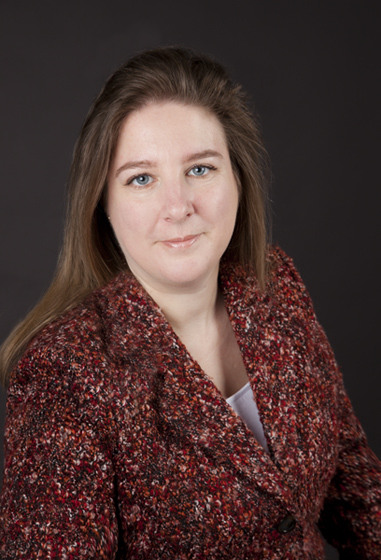Can genetics determine your clients' skin concerns?

Nutrigenomicist and founder of Team Gene Skin Karen Harrison shares how looking at your clients’ genetics could reveal the answer to their skincare concerns.
What is nutrigenomics and how did you get into it?
“I became interested in genetics around 12 years ago, when I had genetics tests done. It gave me so much information but I wanted to know more, which led to my career in the sector. I’m one of 45 alumni from St Mary’s University’s nutrigenomics Masters programme, where I learned about the interactions between genetics, skin health, and so on. The industry is still very new, so it’s great to be trailblazing, and it allows beauty salons and clinics to offer a truly personalised experience.”
How much is our skin influenced by genetics versus environmental factors?
“It’s a two-pronged approach – your genes can interrupt or interfere with certain mechanisms, meaning your skin doesn’t always benefit from all the foods that you’re eating. By knowing this, we can reduce the potential for wrinkles and ageing earlier by either stimulating the collagen or providing products that contain it.
“The genetics tell you what’s not as efficient as we would like it to be, giving you the ability to choose products to help clients from a skincare perspective. If you’ve left your make-up on overnight and wake up with congested skin, that’s not because of your genes, but your environment and day-to-day life, which will always factor in.”
Why is it important to approach skincare from the inside too?
“By identifying where the weakness is within the genes and then combining treatments together, you’re completing a 360-degree treatment, taking ‘feel good on the inside to look good on the outside’ to the next level by nurturing your DNA – you can’t change clients’ genes but you can support them to ensure they’re in the best condition possible, which will be reflected in your personal wellness and skin condition.”
How can nutrigenomics benefit beauty therapists?
“It’s a great upsell tool for therapists to use – you have a unique tool that lets you know that the treatments you’re performing on your client are exactly right for their needs. You can create a bespoke treatment programme for a client and, on the retail side, you can also upsell products that you’ve proven, through genetics, will have an impact on their specific skin concerns.”
How do you use nutrigenomics in your work?
“Team Gene Skin does profiling, so we analyse a swab, which will reveal you to be one of three genetic types. The first, ‘Strength’, indicates you need stimulation of collagen production. The second, ‘Nourished’, indicates a boost is needed in vitamins and minerals, which will be used by other parts of your body before they help your skin. The third is ‘Combination’, so someone who needs both collagen and vitamins. By finding out what your client is lacking in, you can add this to their routine, either topically through skincare products or through supplements.
“We send testing kits direct to salons, where the therapist would then swab their client and send that back to us for processing. The results will then be sent back to the salon where they can put together products or a treatment programme personalised to their client’s genetic needs.”

Nutrigenomicist Karen Harrison, one of 45 alumni from St Mary's University with a MSc in Nutrition and Genetics and BSc in Nutritional Science, founded Team Gene Skin after feeling a more individual approach would give her more confidence that she was taking action to look after her skin when deciding which facial to choose from a treatment menu.


